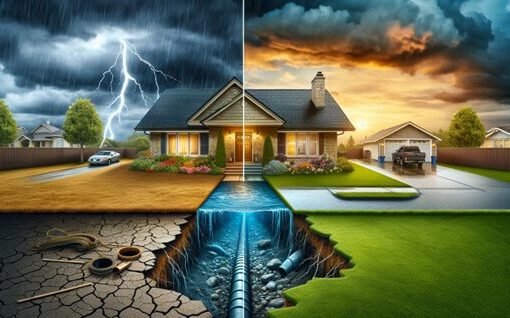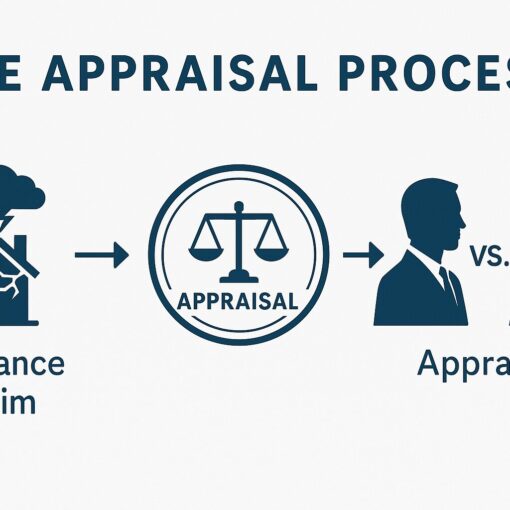As a homeowner, it’s important to protect your investment with the right type of insurance coverage. There are several different types of homeowners insurance policies available, each offering different levels of coverage and protection. In this two-page article, we will explore the various options and help you determine what kind of homeowners insurance you should buy.
Types of Homeowners Insurance Policies:
- HO-1: This is a basic homeowners insurance policy that provides coverage for a limited number of perils, such as fire, theft, and certain types of damage caused by weather events. This policy is the least comprehensive and is rarely offered by insurance companies.
- HO-2: This policy provides broader coverage than the HO-1 policy, protecting against additional perils such as falling objects, weight of snow or ice, and water damage caused by a ruptured pipe. This policy is also limited in coverage and may not be offered by all insurance companies.
- HO-3: This is the most common type of homeowners insurance policy. It provides coverage for a broad range of perils, including damage caused by weather events, theft, and liability. It is also customizable, meaning you can add additional coverage for specific items or events.
- HO-4: This policy is designed for renters and provides coverage for their personal property and liability but does not cover the physical structure of the building.
- HO-5: This policy offers the most comprehensive coverage available for homeowners, protecting against all perils unless they are specifically excluded in the policy. This policy is more expensive than other types of homeowners insurance.
- HO-6: This policy is designed for owners of condominiums and townhouses. It provides coverage for personal property and liability but does not cover the physical structure of the building.
- HO-7: This policy is similar to the HO-3 policy but is designed for mobile homes.
Factors to Consider:
When choosing the right type of homeowners insurance, there are several factors to consider:
- Cost: The cost of the policy will depend on the type of coverage you choose, as well as the amount of coverage you need. You should get quotes from multiple insurance companies to find the best rate.
- Location: The location of your home can affect the type of coverage you need. For example, if you live in an area prone to flooding, you may need to add flood insurance to your policy.
- Age and Condition of Home: The age and condition of your home can also affect your coverage needs. Older homes may require additional coverage for things like outdated wiring or plumbing.
- Personal Property: The amount and value of your personal property will also affect your coverage needs. Make sure to take an inventory of your belongings and consider adding additional coverage for valuable items like jewelry or artwork.
- Liability: Liability coverage is important in case someone is injured on your property. Make sure you have enough coverage to protect your assets in the event of a lawsuit.
Conclusion:
Choosing the right type of homeowners insurance is an important decision that requires careful consideration. You should evaluate your specific needs based on factors such as location, age and condition of your home, personal property, and liability. Make sure to shop around and get quotes from multiple insurance companies to find the best rate and coverage options for you. With the right policy in place, you can have peace of mind knowing that your investment is protected.
Our highly trained, licensed public adjusters will guide you through the process of preparing and filing an insurance claim in a professional manner. Similar to hiring an attorney if you needed to go to court, or hire a certified public accountant to file your tax return, you should only file an insurance claim with your own professional insurance and construction expert – a AAA Public Adjuster.
Let AAA Public Adjusters get you the maximum return on your insurance claim! See how we can help.
To start a new claim, call 1.800.410.5054 today for a free inspection and policy examination from our Public Adjusters.




